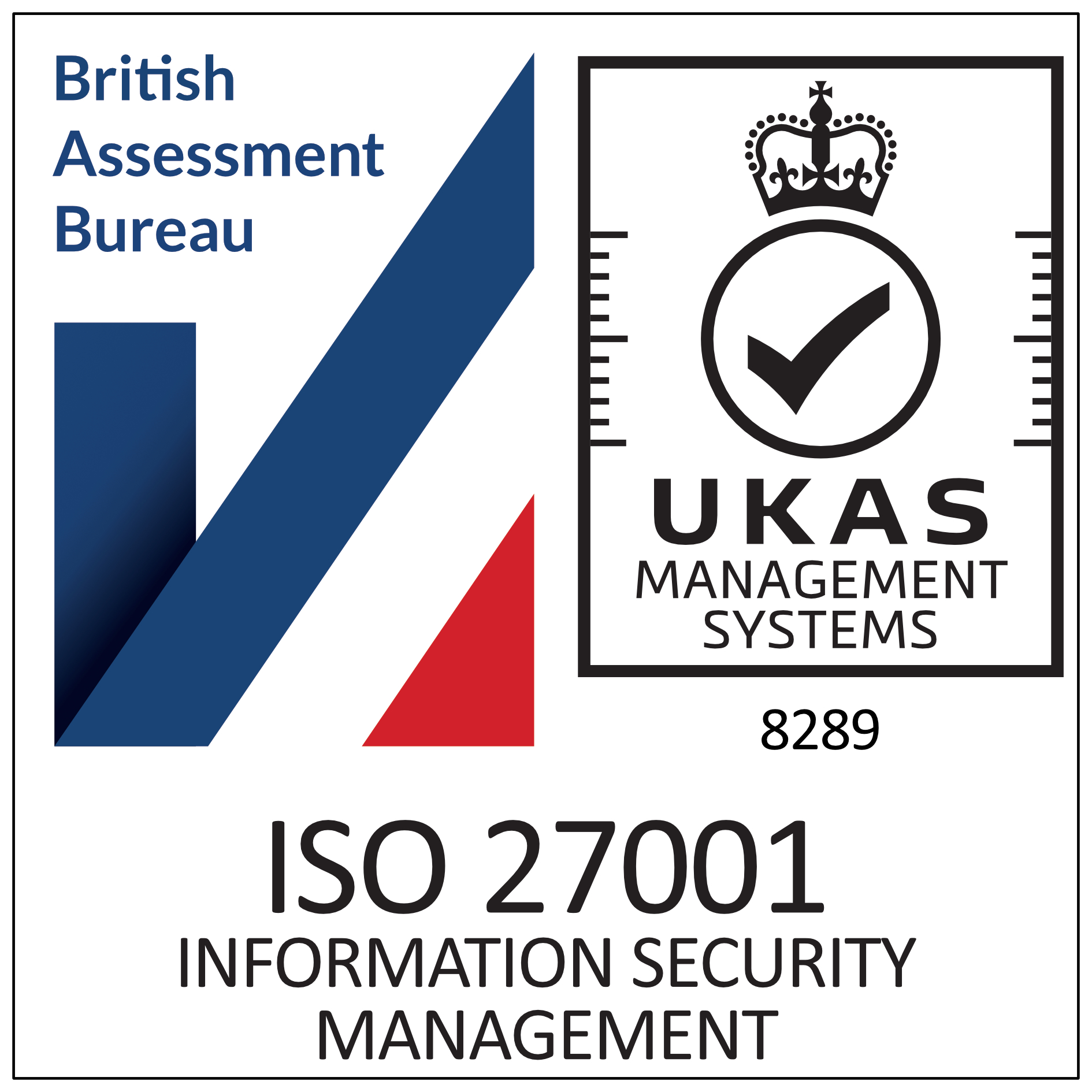A breath of fresh air

It is very rare for me to talk about a positive tender experience with the NHS, especially as the tender has not even taken place yet…well not technically.
Those involved will remain nameless, but if they ever read this they will know who they are. For the purpose of this piece, let’s just call him Mike. This brief story runs counter to a previous article I wrote just last week, ‘If you always buy what you’ve always bought’ and provides me with some real hope for the future of NHS procurement. I don’t want to get too gushy as it may be an isolated incident, but every journey requires a first step.
Typically, as I have previously discussed, tenders serve to outline to providers what the organisation has defined as the solution to their problem, without exploring the real problem they are trying to solve. It becomes a pageant of the written expression of competence against a predefined set of requirements. At best it serves to provide an incremental gain over a previously broken process. I know that may sound damning, but for a company such as ours that is how it manifests. Tenders rarely account for the really important factors and focus on technical functionality which may or may not stumble across the right solution. When you invest heavily in customer support, continuous development, consultancy and demonstrable pedigree, you often lose out on a paper exercise designed for a different purely functional outcome.
Well today I had a discussion with an individual, Mike, who reached out wanting to understand why we had not submitted a tender based on an exercise that was begun prior to his arrival at the organisation. To my surprise it was not a benign call, but the complete opposite – it was constructive.
Firstly, Mike listened and took the time to understand how and why I felt the process didn’t work for suppliers. Then, as if by “magic”, Mike went on to tell me clearly the why, how and what of the tender, the ‘Simon Sinek Golden Circle.’
‘We are looking for best of breed, not just cost.’
‘We want to focus on quality and problem solving not regurgitated requirements from previous tenders.’
‘Open questions instead of checklists.’
These were some of the statements he came out with during the meeting. But they were not just buzz phrases, there was real substance behind them. To be able to articulate why you are doing something, how you are doing it and what you hope to achieve at the end of it is not something you can fake. There must be a clear, well thought through level of thinking. Mike understood three very important things which are:
- mechanical functional based tender assessments can and will preclude potential long-term benefit and innovative solutions
- the provider and their approach are as important as the system itself and finally,
- the proof needs to be in the pudding, not the recipe.
I found myself energised, thinking this person understands that you get out what you put in. He also seemed to understand that if you want a better result you need to do things differently. The conversation was candid and open, with as much time to speak as to listen. I said to him at the end, all we need to do now is clone you and send you out across the entire NHS and, if we could, the positive impact could be immeasurable. What was more impressive is he acknowledged the structural boundaries he faced and had worked out a method to get the best result despite them.
I do not want to sound as if I am anti-NHS procurement, as I understand the restraints having worked within them myself. But I do want to point out that things can be different and things can be done in a better way. This approach does not singularly benefit us, in fact it serves to create greater competition, which overall is a good thing for the NHS. It also breeds innovation which is desperately needed. I would even go as far as saying, I would be happy to lose this tender knowing that it is going to be run in the right way. I would be satisfied that, regardless of outcome, it would be on a well thought through merit.
My message from my previous article still remains, if you want meaningful change, to solve real problems and the best result, you have to focus on what is important and what the real value is. Mike is demonstrating that this can be done.
My advice to all is: be more like Mike.










